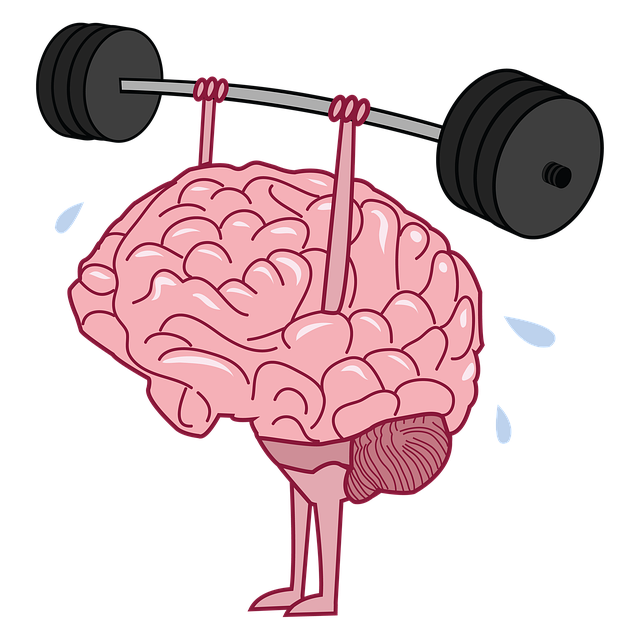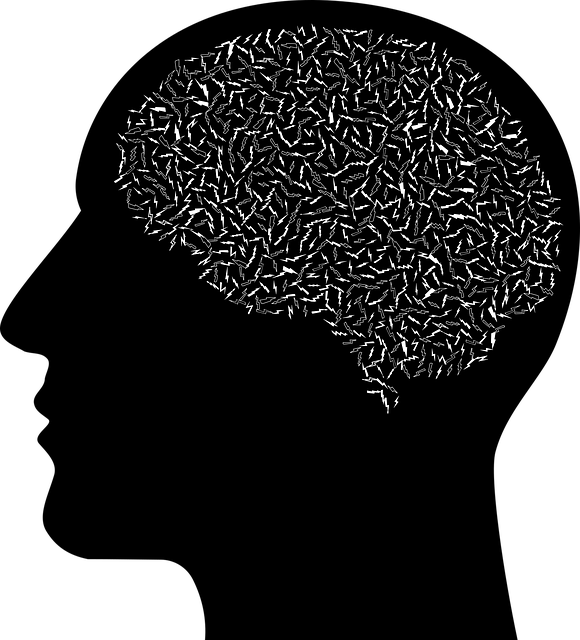Risk assessment is crucial in mental health practice, especially with Aurora Cognitive Processing Therapy (ACPT), for client safety and practitioner well-being. By evaluating mental health, therapeutic environment, and practitioner stress, professionals can tailor interventions like coping skills development and stress reduction methods to prevent burnout and enhance support effectiveness. Integrating ACPT into risk management provides tools to assess and mitigate risks in complex cases, improving treatment planning, outcomes, and confidence in managing high-risk situations. Cultural sensitivity is key for inclusive environments, encouraging positive thought patterns through evidence-based techniques like ACPT, leading to better patient engagement and outcomes.
In the dynamic field of mental health, risk assessment is a cornerstone of safe practice. This article explores essential strategies for professionals to navigate complex scenarios, focusing on the integration of Aurora Cognitive Processing Therapy (ACPT) as a game-changer in risk management. From understanding fundamental assessment techniques to adopting best practices, we delve into effective approaches. Learn how ACPT enhances traditional methods, fostering a comprehensive framework for identifying and mitigating risks, ultimately ensuring secure and impactful patient care.
- Understanding Risk Assessment in Mental Health Practice
- Integrating Aurora Cognitive Processing Therapy into Risk Management
- Best Practices for Ensuring Safe and Effective Care
Understanding Risk Assessment in Mental Health Practice

Risk assessment is a fundamental component of mental health practice, ensuring that professionals can identify and mitigate potential hazards to patient safety and well-being. It involves a systematic process of evaluating factors that may contribute to adverse outcomes, including those related to the client’s mental health, the therapeutic environment, and the practitioner’s own well-being. In the context of Aurora Cognitive Processing Therapy (ACPT), understanding risk assessment is crucial for tailoring interventions to address specific challenges. By incorporating techniques like coping skills development and stress reduction methods, mental health professionals can prevent burnout and enhance their ability to provide effective support.
The assessment process requires a comprehensive review of each client’s unique circumstances, considering factors such as past trauma, medication interactions, and personal resilience. Mental health practitioners must be adept at recognizing early warning signs of distress, both in themselves and their clients. This proactive approach not only fosters a safer therapeutic environment but also empowers professionals to implement targeted interventions, including Burnout Prevention strategies, to promote sustained recovery.
Integrating Aurora Cognitive Processing Therapy into Risk Management

Integrating Aurora Cognitive Processing Therapy (ACPT) into risk management for mental health professionals offers a powerful approach to enhancing patient safety and fostering robust clinical practice. ACPT, a evidence-based therapy, equips practitioners with advanced tools to assess and mitigate risks associated with complex cases. By focusing on cognitive processing, this therapeutic intervention not only aids in understanding patient thoughts and behaviors but also empowers professionals to develop tailored strategies for risk reduction.
In the context of mental health awareness and policy analysis, ACPT contributes significantly to a comprehensive risk management framework. It strengthens clinical decision-making by providing insights into patients’ cognitive processes, thereby enhancing the accuracy of risk assessments. This, in turn, leads to more effective treatment planning and improved outcomes, while also boosting the confidence of mental health professionals in managing high-risk situations.
Best Practices for Ensuring Safe and Effective Care

Mental health professionals play a pivotal role in fostering emotional healing processes and preventing conditions like depression. To ensure safe and effective care, they should adhere to best practices that encompass both clinical expertise and human empathy. Incorporating therapeutic techniques such as Aurora Cognitive Processing Therapy can significantly enhance patient outcomes by addressing underlying cognitive distortions and promoting positive thought patterns.
Beyond clinical practice, cultural sensitivity in mental healthcare is essential. Understanding and respecting diverse cultural backgrounds, beliefs, and values enable professionals to tailor their approach, fostering a safe and supportive environment for all clients. This inclusive practice not only respects individual identities but also facilitates deeper engagement, leading to more effective interventions.
Mental health professionals must continually adapt their practices to ensure patient safety. By integrating innovative approaches like Aurora Cognitive Processing Therapy into risk management strategies, alongside adherence to best practices, practitioners can navigate complex cases effectively. Regular risk assessment is not just a checklist; it’s an ongoing dialogue with patients that informs treatment plans and fosters resilient outcomes. This multi-faceted approach ensures mental health care remains both secure and impactful.














